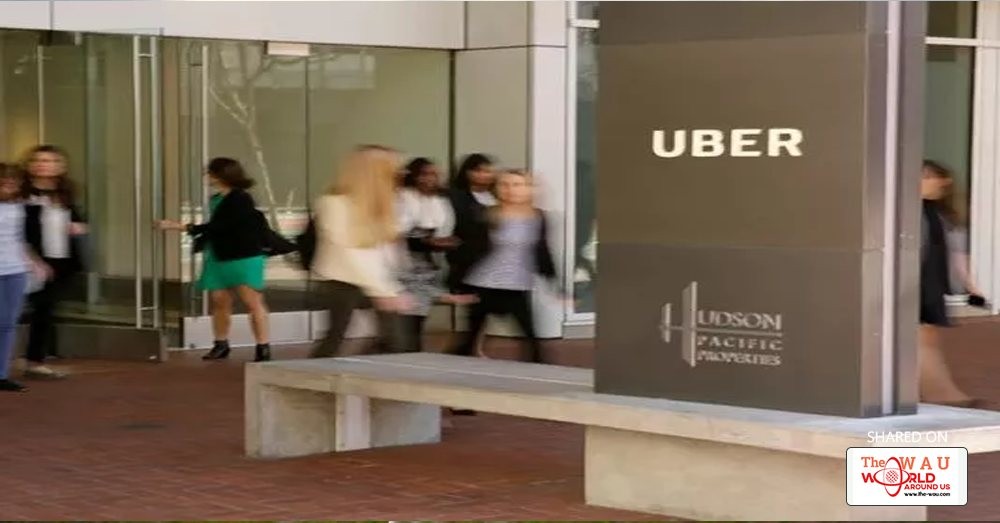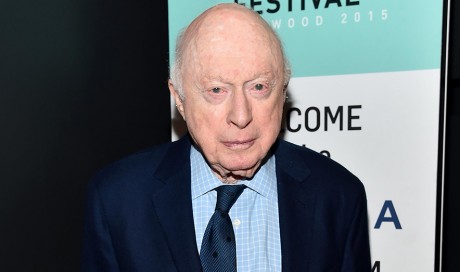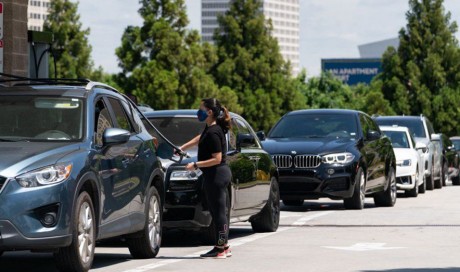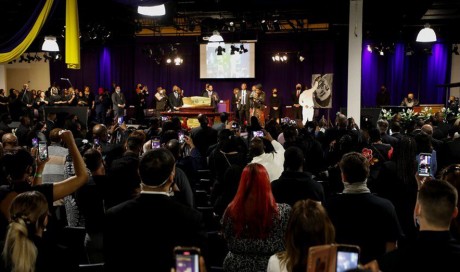The earthquake that has hit Uber in the past few weeks has taken down another executive.
Jeff Jones, a former Target chief marketing officer who joined the ride-hailing company last August, abruptly announced Sunday that he was stepping down as president.
Uber issued a brief statement thanking Jones for "his six months at the company."
A memo from Uber CEO Travis Kalanick to his staff suggested that the news took top management by surprise, and that Jones left partly because he was not under consideration for the new chief operating officer role.
"After we announced our intention to hire a COO, Jeff came to the tough decision that he doesn’t see his future at Uber," Kalanick wrote. "It is unfortunate that this was announced through the press."
Jones' departure was first noted earlier on Sunday in Recode. That report included a Jones statement putting the blame on the turmoil facing Uber, which range from an ex-employee's experiences with an allegedly sexist work environment to a lawsuit brought by Alphabet-owned Waymo over self-driving car technology.
The uproar has caused Kalanick to apologize to his staff, admit he needs to "grow up" as a leader, and announce he would look for a number two.
In recent weeks, two other high profile Uber execs have departed: Ed Baker, who was vice president of product and growth, and Amit Singhal, senior vice president of engineering. Singhal was asked to step down because he did not disclose that he had been the focus of a sexual discrimination investigation at his former company, Google.

Jones told Recode that it was "now clear that the beliefs and approach to leadership that have guided my career are inconsistent with what I saw and experienced at Uber, and I can no longer continue as president of the ride-sharing business."
Kalanick was not without a few good words about Jones' short stint, praising the former retailer's efforts at making the company more focused on its drivers.
That very constituency reacted angrily Sunday, upset not so much by Jones' news but at what some of them see as Uber's second-class treatment of its global army of drivers.
"It's frustrating that the sole executive charged with being driver-obsessed has left the company without making a single improvement to help drivers struggling to make a living," said Ryan Price in a statement. Price is executive director of the Independent Drivers Guild, which represents and advocates for 50,000 ride-hail drivers in New York City.
"If Uber truly cares about 'growing up' and listening to drivers, they should start by adding a tipping option," he wrote. "That's the number one request from drivers."
Rival ride-hailing company Lyft, which does give riders the option to tip, has expanded its nationwide presence by a third to 300 cities since the beginning of the year. In late January, Uber was hit was a social media campaign called #DeleteUber after the company was perceived as not being in sync with those protesting President Trump's first Muslim travel ban.
But by far the biggest scandal to hit the company — which includes a 2014 ad campaign in France that touted its attractive female drivers — surfaced in late February when former engineer Susan Fowler wrote a blog post accusing the company of ignoring her complaints about a sexist boss because he was considered a valued employee.
That bombshell led to reportedly emotional in-house meetings in which Kalanick admitted the company needed to change its culture. He brought in Uber adviser and former U.S. attorney general Eric Holder to conduct an internal investigation and began his hunt for a COO.
Uber is among the fastest-growing tech startups in history, launching in 2009 as a way to order idle black town cars and over the next eight years evolving into a global transportation company worth $68 billion.
But that rapid ascent has been marked by controversy. Defined by Kalanick's hard-charging style, the company grew in part by flouting municipal regulations, angering taxi cab associations and frustrating many drivers who are not considered employees.
Kalanick has in the past noted that the company would radically improve its business prospects if it got rid of drivers. Since then, Uber has raced into self-driving car research and, last August, paid $670 million for a months-old self-driving truck startup called Otto.
Last month, Waymo, the name of Google's 7-year-old self driving car division, sued Uber, alleging that Otto's sensor technology was stolen by former Google employee Anthony Levandowski shortly before Levandowski left to found Otto.
Uber has called that charge "baseless," and last week suggested that the patent infringement dispute be resolved not in court but by binding arbitration because that's what Levandowski's contract with Google required in the event of a dispute.
Share This Post















